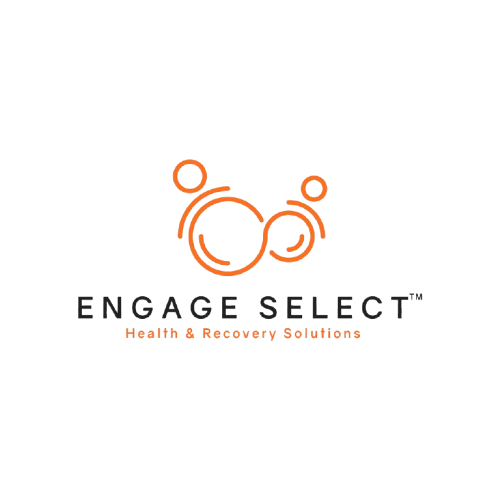Federal Grant Opportunities
1. SAMHSA – Building Communities of Recovery (BCOR)
This program supports Recovery Community Organizations (RCOs) in developing and expanding recovery support services, which can include mobile outreach initiatives. Grants offer up to $300,000 annually for up to three years. The most recent application deadline was April 29, 2024, but it’s advisable to monitor for future opportunities. SAMHSA+2SAMHSA+2SAMHSA+2
2. SAMHSA – Recovery Community Services Program (RCSP)
RCSP funds entities—including nonprofits and tribal organizations—to deliver peer-led recovery support services. Grants provide up to $300,000 per year for up to five years. These funds can support mobile recovery services, especially those offering peer navigation and outreach. SAMHSA+1CT Insider+1
3. SAMHSA – Recovery Innovation Challenge
This initiative awards up to $400,000 across 10 winners for innovative recovery practices. While not a traditional grant, it recognizes and funds creative models, including mobile recovery solutions. Submissions are made through Challenge.gov. SAMHSA
🏛️ State and Local Funding Examples
1. Tennessee Opioid Abatement Council
In 2024, Tennessee allocated nearly $81 million in grants to combat the opioid crisis. Notably, Belmont University received $2.9 million for a mobile clinics program. This underscores the potential for state-level funding to support mobile recovery initiatives. Axios
2. Cigna Group Foundation – Health Equity Impact Fund
Wheeler Health in Connecticut was awarded $250,000 to launch a mobile health clinic aimed at addressing health disparities. This funding was part of Cigna’s $9 million Health Equity Impact Fund, highlighting opportunities through private foundations. CT Insider
📚 Additional Resources
- SAMHSA Grants Dashboard: Regularly updated with Notices of Funding Opportunities (NOFOs) relevant to mobile recovery services. SAMHSA
- Grants.gov: A comprehensive database of federal funding opportunities across various agencies.
- State Behavioral Health Agencies: Often have grant programs or can provide guidance on available funding within your state.
